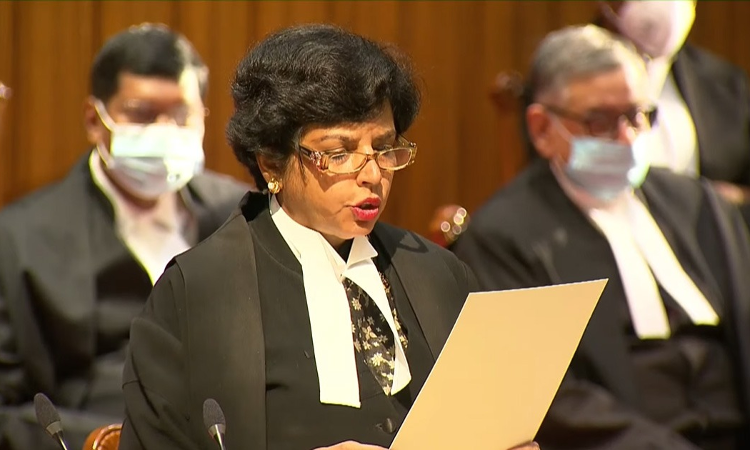In a recent event, Supreme Court Judge Justice Hima Kohli lauded the entry of first-generation lawyers from diverse backgrounds and the increasing representation of women in the legal profession for their transformative impact. Speaking at the Forbes India-Legal Power List 2022 Finale, she emphasized that these changes have reshaped the very fabric of the legal profession.Justice...

